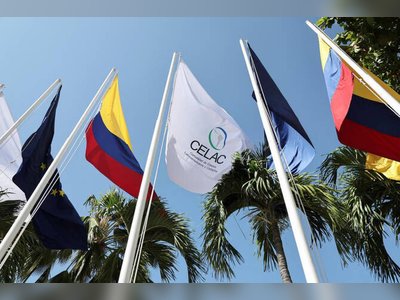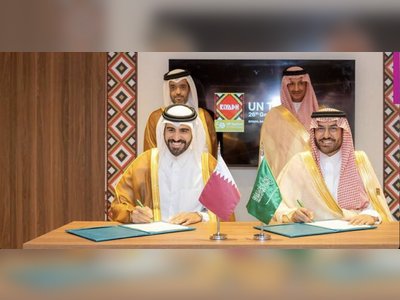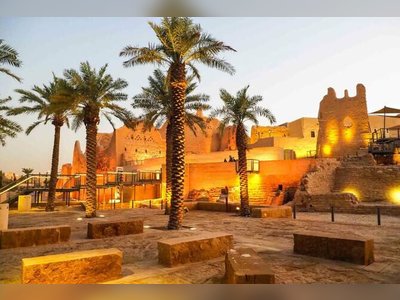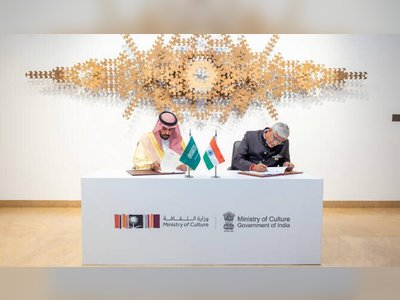
Maldives Pioneers Eco-Driven Tourism Approach
Tourism model in the Maldives focuses on economic growth and environmental preservation, with sustainability a legal requirement.
The Maldives' tourism model sets an example for sustainable development, balancing economic benefits with environmental conservation.
In an interview with [Source Name], Minister of Tourism and Environment Thoriq Ibrahim discussed the unique approach of the Maldives in the lead-up to the UN's Tourism 2025 event.
Ibrahim highlighted the nation's commitment to preserving its natural beauty by ensuring that luxury resorts operate on separate islands, thus minimizing impact on local ecosystems.
"Most of our tourism resorts are like deserted islands, allowing us to stand out from other countries," he said.
Sustainability is a mandatory consideration in every development stage.
Developers must conduct comprehensive Environmental Impact Assessments before initiating any construction work, identifying and mitigating potential ecological damage.
Each resort in the Maldives is designed for environmental self-sufficiency, equipped with its own systems for waste management, water supply, and energy generation.
The minister emphasized that these decentralized operations support the government's goal to source 33 percent of the nation's electricity from renewable sources by 2028, with solar power playing a key role in this transition.
"Resorts are required to generate their own power as part of our push for clean energy," Ibrahim explained.
He added that many resorts have already made strides toward renewable energy, with some achieving more than half of their power from solar installations and storage technologies.
Beyond infrastructure, the Maldives places significant importance on educating tourists about environmental responsibility to protect the islands' delicate ecosystem.
Visitors are encouraged to enjoy the environment while adhering to guidelines that prevent harm to nature.
The minister concluded by underscoring the balance required for the continued success of Maldivian tourism — expanding opportunities while safeguarding the natural beauty that defines the archipelago's global identity.
In an interview with [Source Name], Minister of Tourism and Environment Thoriq Ibrahim discussed the unique approach of the Maldives in the lead-up to the UN's Tourism 2025 event.
Ibrahim highlighted the nation's commitment to preserving its natural beauty by ensuring that luxury resorts operate on separate islands, thus minimizing impact on local ecosystems.
"Most of our tourism resorts are like deserted islands, allowing us to stand out from other countries," he said.
Sustainability is a mandatory consideration in every development stage.
Developers must conduct comprehensive Environmental Impact Assessments before initiating any construction work, identifying and mitigating potential ecological damage.
Each resort in the Maldives is designed for environmental self-sufficiency, equipped with its own systems for waste management, water supply, and energy generation.
The minister emphasized that these decentralized operations support the government's goal to source 33 percent of the nation's electricity from renewable sources by 2028, with solar power playing a key role in this transition.
"Resorts are required to generate their own power as part of our push for clean energy," Ibrahim explained.
He added that many resorts have already made strides toward renewable energy, with some achieving more than half of their power from solar installations and storage technologies.
Beyond infrastructure, the Maldives places significant importance on educating tourists about environmental responsibility to protect the islands' delicate ecosystem.
Visitors are encouraged to enjoy the environment while adhering to guidelines that prevent harm to nature.
The minister concluded by underscoring the balance required for the continued success of Maldivian tourism — expanding opportunities while safeguarding the natural beauty that defines the archipelago's global identity.










